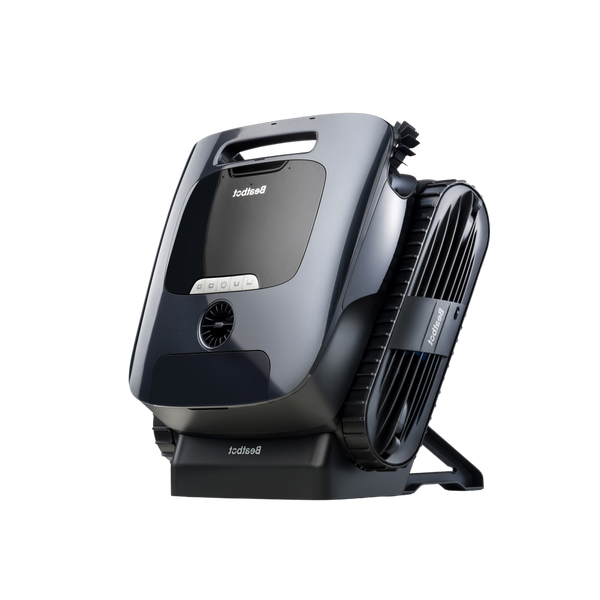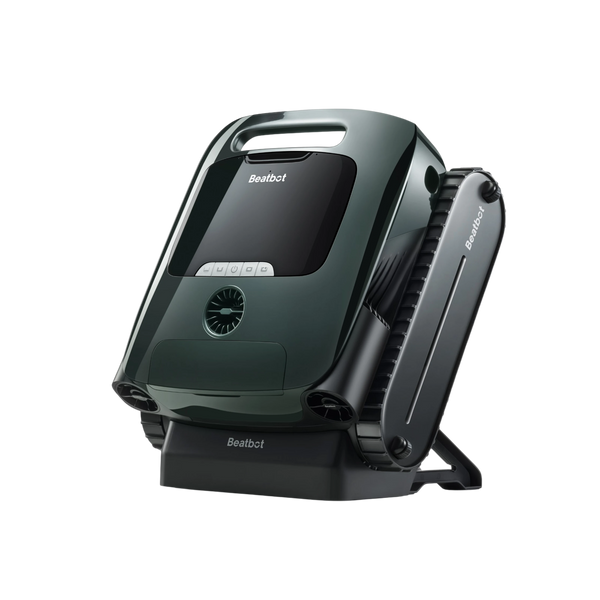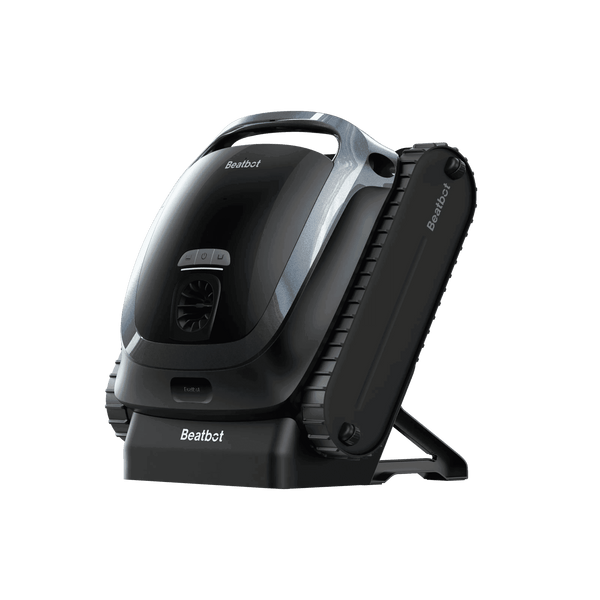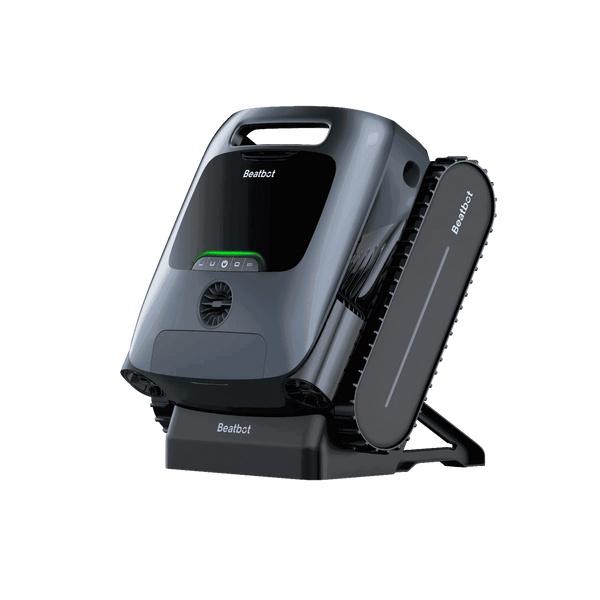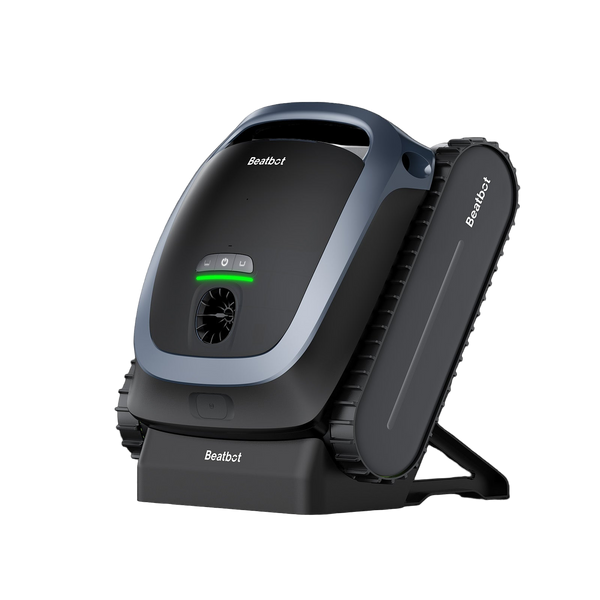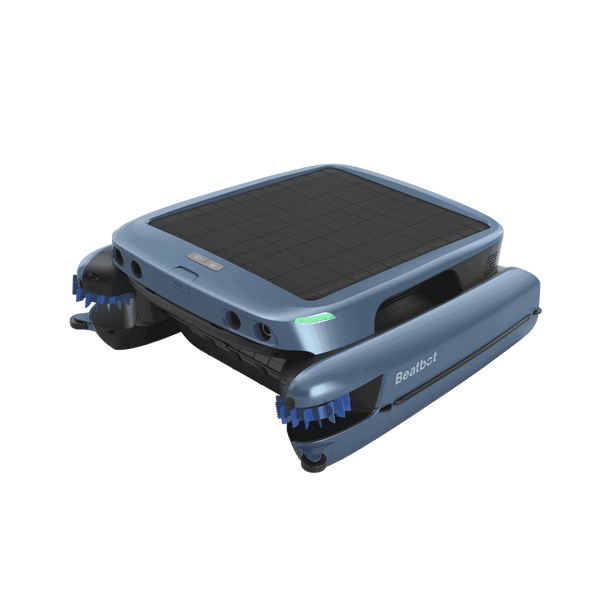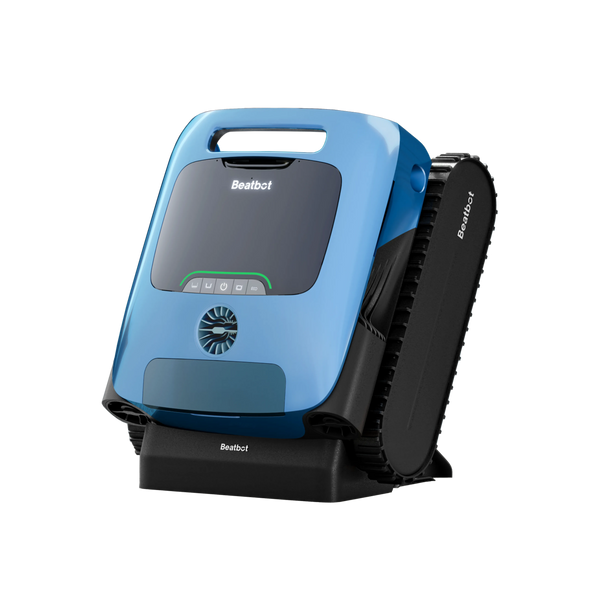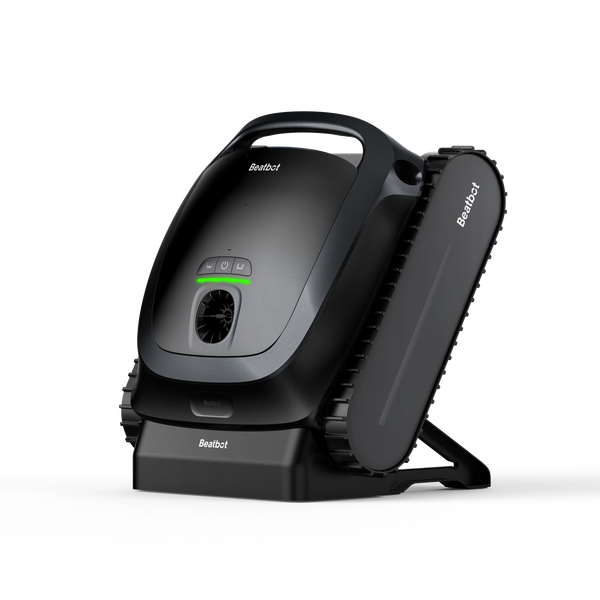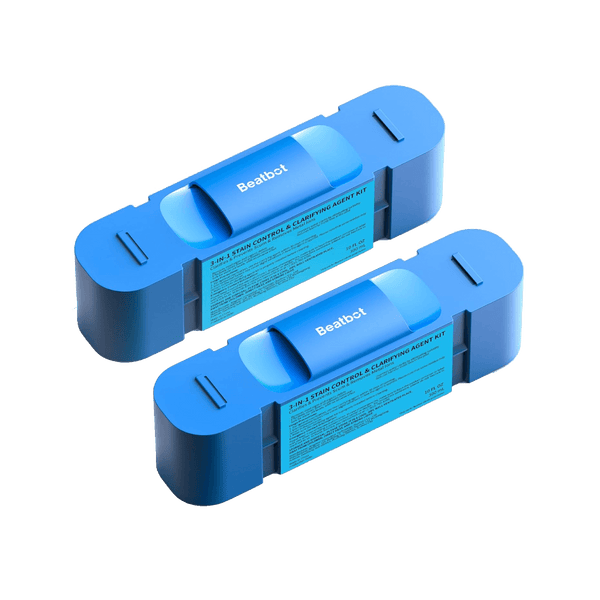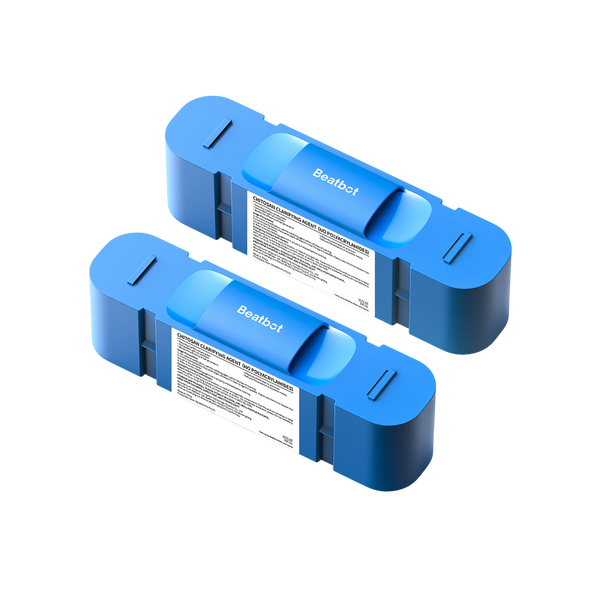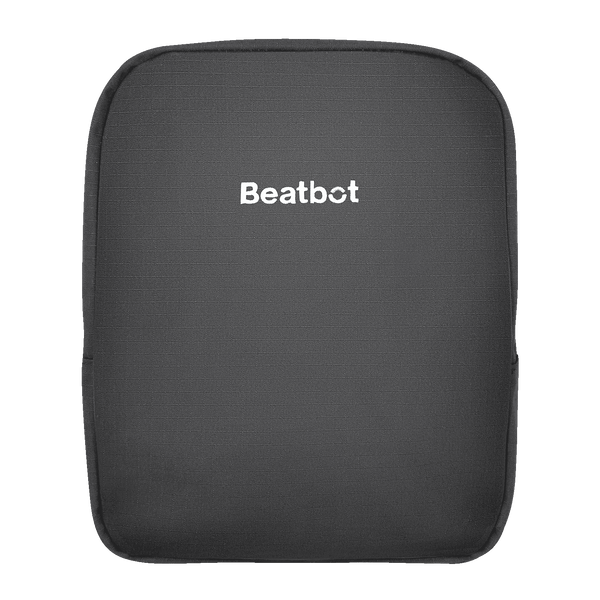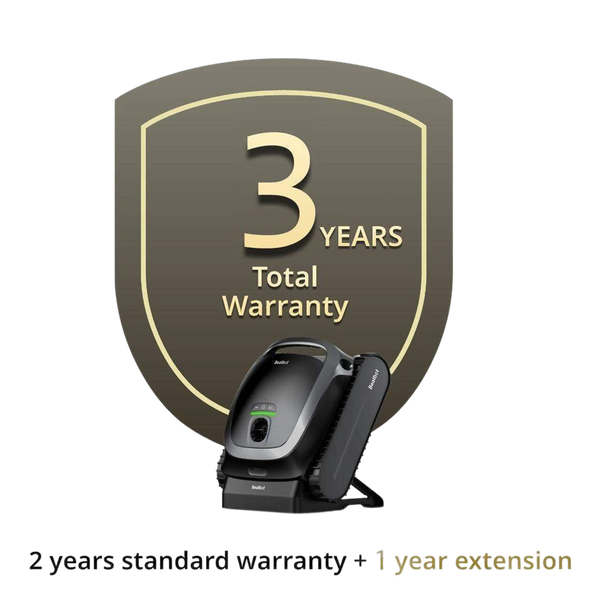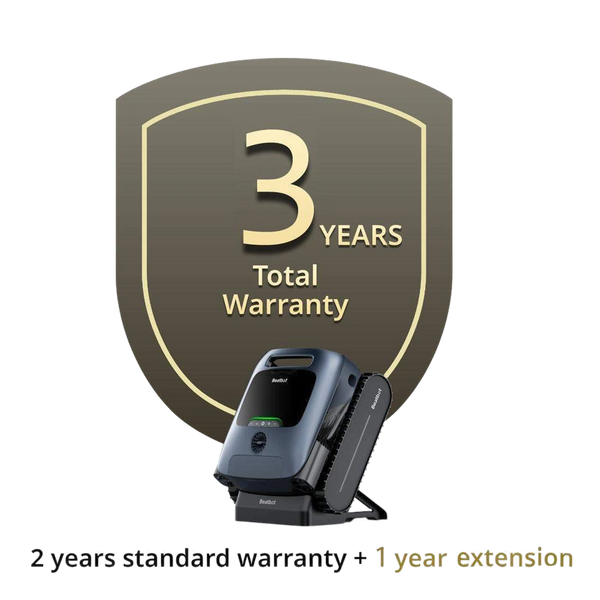What's the Difference Between Clarifier and Flocculant for Pool
Got cloudy pool water giving you headaches? You're about to discover the real deal between two pool-clearing heavyweights. Jump in as we break down clarifiers and flocculants - because nobody wants to swim in murky water.
Table of content

Clarifiers: Your First Line of Defense
You know that frustrating haze that won't budge from your pool? A clarifier might be your answer. Unlike harsh chemicals, clarifiers work behind the scenes to make your filter's job easier. They grab those tiny particles floating around - the ones your filter struggles to catch - and clump them together. Think of tossing a bunch of ping pong balls into a net versus trying to catch one at a time.
Your filter catches these larger clumps way better than those microscopic troublemakers. Plus, you won't wreck your water balance or waste time backwashing every few hours. The best part? You can keep using your pool while the clarifier works its magic.
Flocculants: When You Need Results Now
Sometimes you need more than gentle persuasion - that's where flocculants come in swinging. While clarifiers play nice, flocculants take no prisoners. You've seen how coffee grounds sink to the bottom of your cup? That's exactly what happens in your pool. The flocculant grabs all those nasty particles floating around and drags them straight to the bottom.
Why Choose Floc?
Your pool's turned into a green monster overnight? Flocculant's got your back. Need the water crystal clear for tomorrow's pool party? This stuff works in hours, not days. But heads up - you'll need to roll up your sleeves. Those particles won't magically disappear through your filter system. Break out the pool vacuum because you're going on a debris hunt.
Cost and Value Breakdown
Take stock of what you're working with. Running a sand filter? Both solutions get the job done without breaking the bank. Maybe you've invested in a DE filter - stick with clarifiers most of the time unless you're facing a pool emergency. Got cartridge filters? Save yourself the headache and grab clarifiers. While flocculants might seem cheaper upfront, factor in water loss from vacuuming and your time. Sometimes the "cheaper" option ends up costing more.
Chemical Reactions: The Science Behind Clear Water
Ever wondered why these products actually work? Both pack a positive charge that attracts the gunk in your pool like a magnet. But here's the kicker - clarifiers play well with your other pool chemicals, while flocculants can throw everything out of whack. Run those water tests after dumping either one in. You'll thank yourself later when you're not fighting green water again next week.
Making the Smart Choice
Let's cut through the confusion. Your slightly cloudy pool needs a clarifier - simple as that. Dealing with a green pool disaster? Grab the flocculant. Looking to prevent problems before they start? Stock up on clarifier. Got people coming over tomorrow? Flocculant will bail you out. The trick lies in matching your weapon to your war.
Pro Tips for Best Results
Pour that clarifier near your return jets - let the circulation do the heavy lifting. Running flocculant? Kill your pump overnight. Those particles need time to sink. And please, vacuum to waste after using floc. Your filter will hate you if you try to push all that crud through it.
Time vs. Results: Finding Your Sweet Spot
Face it - pool maintenance comes down to balancing time and results. Clarifiers might test your patience, taking 2-3 days to work their magic. But you can swim while they do their thing. Flocculants clear your pool overnight, but you'll spend half the next day vacuuming. Your schedule calls the shots here. Weekend pool party planners, you might want that quick fix. For regular maintenance, slow and steady wins the race.
Filter Types: What Works Best With Your System
Your filter type makes or breaks your water-clearing strategy. DE filters catch particles down to 3-5 microns - they're picky eaters but do the job right. Sand filters handle larger particles around 20-40 microns, making them perfect partners for both clarifiers and flocculants. Cartridge filters? They're like sensitive stomachs - feed them clarifiers only, or you'll spend more time cleaning filters than swimming.
Hard Truth About Filtration
- DE filters: Work best with clarifiers
- Sand filters: Handle both like a champ
- Cartridge filters: Stick to clarifiers only
Weather Factors: Timing Your Treatment
Weather throws curveballs at your pool chemistry. Rain dilutes your water and dumps extra particles in your pool. Hot streaks speed up chemical reactions but also increase particle suspension. Winter brings its own challenges with slower circulation. Pick your treatment timing wisely - check the forecast before adding either chemical. A storm rolling in might waste your flocculant treatment faster than you can say "pool party."

The Bottom Line
You've got options when your pool turns cloudy. Clarifiers offer a hands-off approach but take their sweet time. Flocculants deliver fast results but demand more work. Pick your solution based on your situation, schedule, and how much elbow grease you're willing to invest. Either way, you're back to crystal clear water - just remember to maintain it this time.
Ready to tackle that cloudy pool? Armed with this knowledge, you'll make the right choice for your specific situation. Remember - prevention beats cure every time. Keep those chemicals balanced, and you might never need either product. But when trouble hits, you now know exactly which solution fits your needs.
Relative Blogs
About the author
